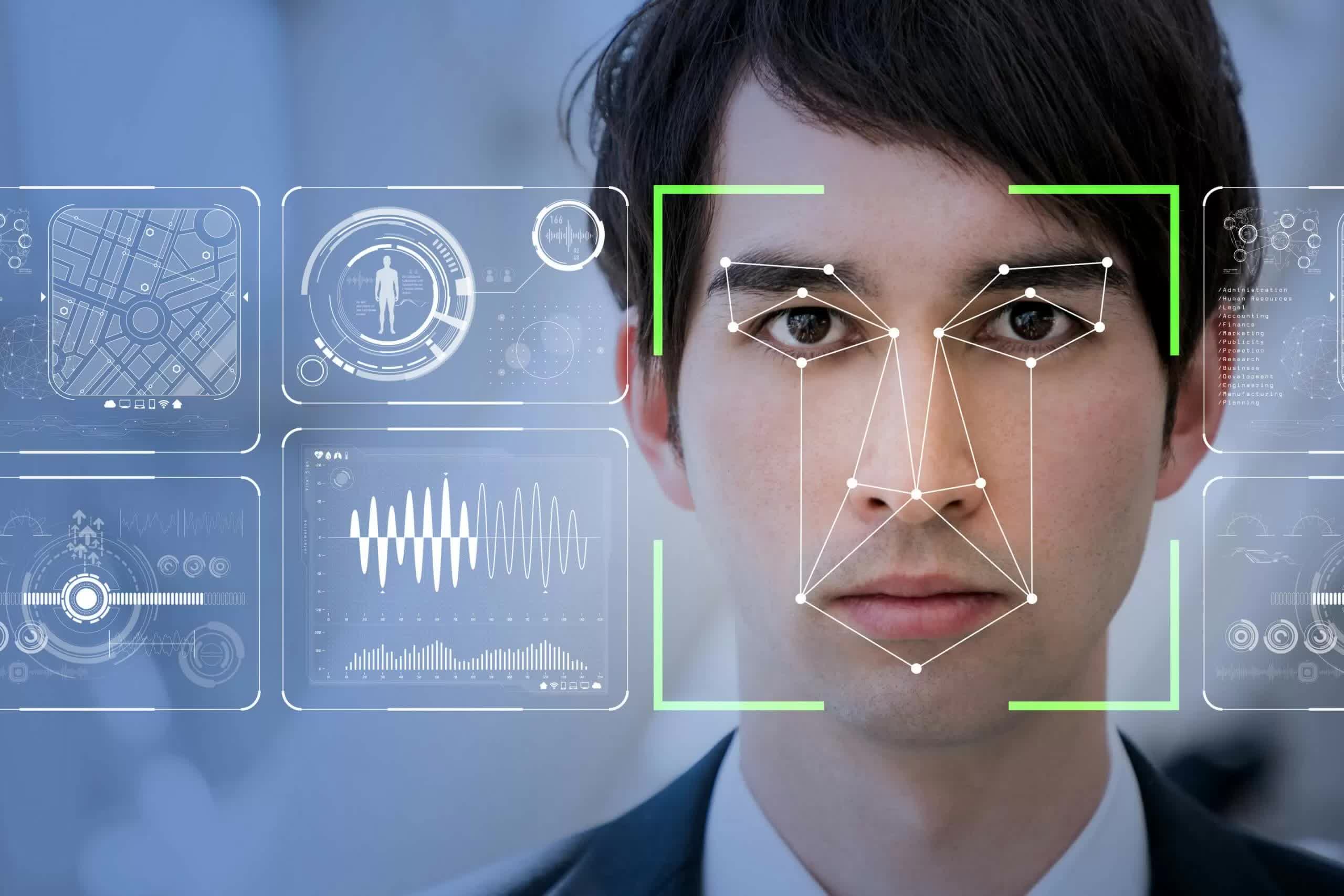What just happened? Facial recognition technology is more controversial now than ever. European Parliament recently pushed for a ban on the tech’s use in public spaces, and organizations like the ACLU have long opposed the entire concept. Now, even Facebook is taking a step back from the tech: it will be disabling its facial recognition features and disabling face data for over 1 billion users.
Here’s some context: before this change, Facebook allowed users to opt-in to facial recognition by toggling “on” the appropriate setting in their user preferences menu. Upon doing so, Facebook will scan the photos and videos you upload to search for your face and then create a “template” that it can use to enable additional functionality.
For example, the platform can let you know when you “appear in photos or videos but haven’t been tagged,” or even inform you when someone else attempts to create a Facebook profile using your likeness. The tech also serves a purpose for the blind or visually impaired, as it can describe photos to them audibly.
Regardless of all these apparent benefits, the social media giant is moving forward with this shutdown. All existing facial recognition templates will be scrubbed from its servers, and the features above are going to be disabled. Facebook insists these templates have never been shared with anyone but the user who opts-in.

As for Facebook’s reasoning, this move is one born of pure pragmatism. The company can see which way the wind is blowing, and even notes in its blog post that there’s “growing concern” about the use of facial recognition tech as a whole; even when it can benefit people.
“There are many concerns about the place of facial recognition technology in society, and regulators are still in the process of providing a clear set of rules governing its use,” Facebook writes. “Amid this ongoing uncertainty, we believe that limiting the use of facial recognition to a narrow set of use cases is appropriate.”
Facebook doesn’t specifically say that it intends to take advantage of those narrow use cases, but it gives examples like identity verification in financial products, unlocking personal devices, or helping people regain access to a locked (not necessarily Facebook) account.
The corporation will continue to explore ways it could implement this technology responsibly (and in compliance with potential law changes) in the future.

